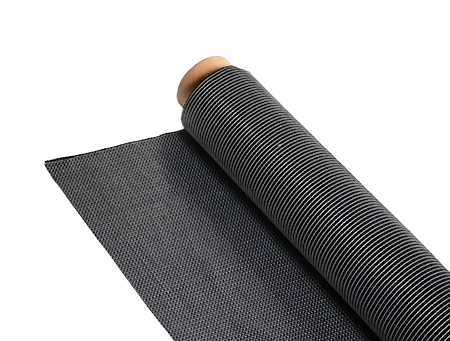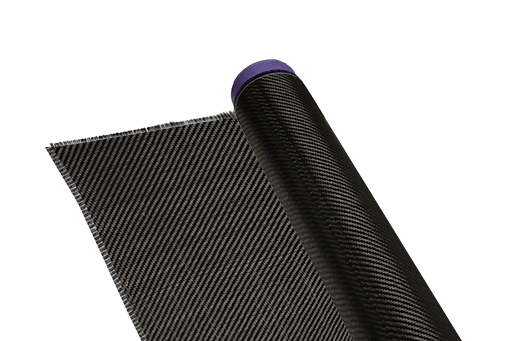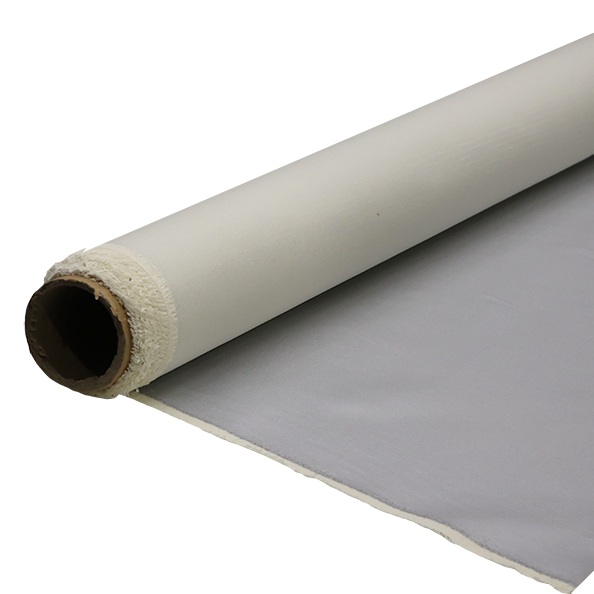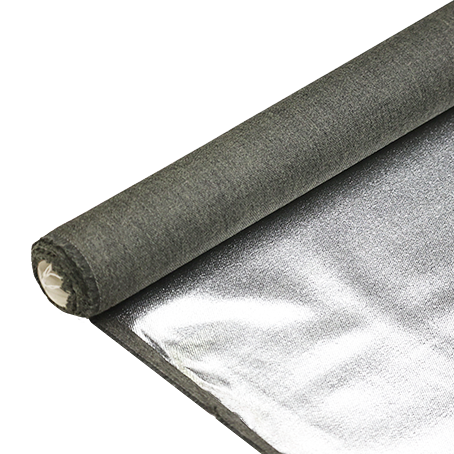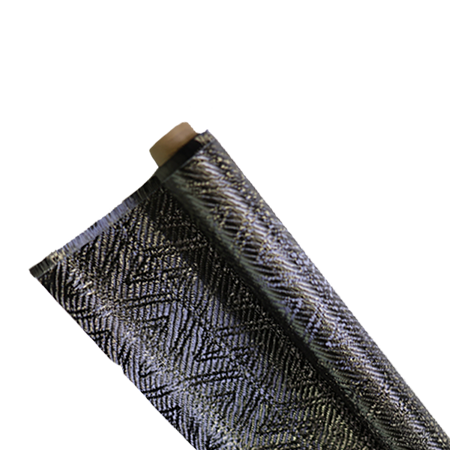Университет использует нашу смолу на уроках углубленной химии
-
Оглавление
“Empowering Future Chemists: University Innovates with Our Advanced Resin!”
The University has integrated the use of our innovative resin into its Advanced Chemistry curriculum, enhancing the educational experience for students. This cutting-edge material allows for hands-on experimentation and exploration of complex chemical concepts, fostering a deeper understanding of polymer science and material properties. By incorporating our resin, students gain practical skills and insights that are essential for their future careers in chemistry and related fields. The collaboration not only enriches the academic environment but also prepares students to tackle real-world challenges in material science and engineering.
Innovative Applications of Resin in Advanced Chemistry Education
In recent years, the integration of innovative materials into educational settings has transformed the landscape of advanced chemistry education. One such material that has garnered attention is resin, a versatile substance that has found its way into various applications within the academic realm. A notable example of this trend is the use of resin in advanced chemistry classes at universities, where it serves not only as a teaching tool but also as a medium for experimentation and exploration of complex chemical concepts.
The incorporation of resin into the curriculum allows students to engage with chemistry in a hands-on manner, fostering a deeper understanding of the subject. For instance, students can utilize resin to create models that illustrate molecular structures, thereby visualizing the three-dimensional arrangements of atoms and bonds. This tactile approach enhances comprehension, as students can manipulate these models to observe how changes in molecular configuration can affect chemical properties and reactions. By bridging the gap between theoretical knowledge and practical application, resin serves as an effective pedagogical tool that enriches the learning experience.
Moreover, the use of resin in advanced chemistry education extends beyond mere modeling. Students are increasingly encouraged to experiment with resin in various chemical reactions, exploring its properties and potential applications. For example, resin can be employed in polymer chemistry, where students synthesize different types of polymers and investigate their characteristics. This hands-on experimentation not only solidifies theoretical concepts but also cultivates critical thinking and problem-solving skills, as students must analyze their results and draw conclusions based on empirical evidence.
In addition to its educational benefits, the use of resin in advanced chemistry classes also reflects broader trends in scientific research and industry. As students work with resin, they gain insights into its applications in fields such as materials science, engineering, and environmental chemistry. This exposure is particularly valuable in preparing students for future careers, as they become familiar with the types of materials and processes they may encounter in professional settings. By integrating real-world applications into the curriculum, universities are equipping students with the knowledge and skills necessary to navigate the complexities of modern scientific challenges.
Furthermore, the versatility of resin allows for a wide range of experimental designs, encouraging creativity and innovation among students. For instance, students can explore the effects of different additives on the properties of resin, leading to discussions about chemical interactions and the importance of formulation in product development. This exploration not only enhances their understanding of chemistry but also inspires a sense of curiosity and a desire to innovate, qualities that are essential for future scientists and researchers.
As universities continue to embrace the use of resin in advanced chemistry education, it is clear that this innovative material is more than just a teaching aid; it is a catalyst for learning and discovery. By providing students with opportunities to engage with chemistry in a dynamic and interactive manner, educators are fostering a new generation of thinkers who are well-equipped to tackle the challenges of the future. In conclusion, the application of resin in advanced chemistry classes exemplifies the potential of innovative materials to enhance educational practices, ultimately enriching the academic experience and preparing students for successful careers in science and technology.
Enhancing Laboratory Experiments with Resin-Based Materials
In recent years, the integration of resin-based materials into educational settings has revolutionized the way laboratory experiments are conducted, particularly in advanced chemistry classes. Universities are increasingly recognizing the potential of these materials to enhance both the learning experience and the quality of experimental outcomes. By utilizing resin in various applications, educators can provide students with a more engaging and effective approach to understanding complex chemical concepts.
One of the primary advantages of resin-based materials is their versatility. Resins can be formulated to exhibit a wide range of properties, making them suitable for diverse applications in chemistry. For instance, they can be used to create durable and chemically resistant surfaces for laboratory equipment, ensuring that experiments can be conducted safely and efficiently. This durability not only extends the lifespan of laboratory tools but also minimizes the risk of contamination, which is crucial in maintaining the integrity of experimental results.
Moreover, the use of resin in the fabrication of custom laboratory apparatus allows for greater flexibility in experimental design. Students can create specialized equipment tailored to their specific research needs, fostering a sense of innovation and creativity. This hands-on experience is invaluable, as it encourages students to think critically about the materials and methods they employ in their experiments. By engaging with resin-based materials, students gain practical skills that are essential for their future careers in science and technology.
In addition to enhancing the physical aspects of laboratory work, resin-based materials also play a significant role in the visualization of chemical processes. For example, resins can be used to create transparent models that illustrate molecular structures or reaction mechanisms. These visual aids not only facilitate a deeper understanding of abstract concepts but also promote collaborative learning among students. By working together to manipulate and analyze these models, students can develop a more comprehensive grasp of the subject matter.
Furthermore, the incorporation of resin into laboratory experiments aligns with contemporary educational trends that emphasize experiential learning. By engaging with materials that are both innovative and relevant to real-world applications, students are more likely to retain information and develop a passion for chemistry. This experiential approach is particularly important in advanced classes, where students are expected to apply theoretical knowledge to practical situations. The use of resin-based materials thus serves to bridge the gap between theory and practice, enhancing the overall educational experience.
As universities continue to explore the potential of resin in advanced chemistry classes, it is essential to consider the environmental implications of these materials. Many modern resins are designed to be more sustainable, with reduced toxicity and improved biodegradability. This shift towards eco-friendly alternatives not only addresses concerns about chemical waste but also prepares students to think critically about sustainability in their future scientific endeavors. By incorporating environmentally responsible practices into their laboratory work, students can develop a holistic understanding of chemistry that encompasses both scientific and ethical considerations.
In conclusion, the use of resin-based materials in advanced chemistry classes represents a significant advancement in laboratory education. By enhancing the durability of equipment, fostering creativity in experimental design, and promoting experiential learning, these materials contribute to a richer educational experience. As universities continue to embrace innovative approaches to teaching chemistry, the role of resin is likely to expand, paving the way for future generations of scientists who are well-equipped to tackle the challenges of an ever-evolving field.
The Role of Resin in Sustainable Chemistry Practices at University
In recent years, the integration of sustainable practices within academic settings has gained significant momentum, particularly in the field of chemistry. One notable advancement in this area is the use of resin, a versatile material that has found its place in various applications, including educational laboratories. At the university level, the incorporation of resin into advanced chemistry classes not only enhances the learning experience but also aligns with broader sustainability goals. This innovative approach reflects a commitment to fostering environmentally responsible practices among future scientists.
Resin, particularly in its synthetic forms, offers a range of benefits that make it an ideal candidate for educational purposes. For instance, its durability and resistance to chemical reactions allow students to engage in experiments without the constant worry of equipment degradation. This reliability is crucial in a learning environment where experimentation is key to understanding complex chemical principles. Moreover, the use of resin-based materials can significantly reduce waste, as they are often reusable and recyclable, thereby minimizing the environmental footprint of laboratory activities.
Transitioning to the practical applications of resin in the classroom, students are exposed to a variety of experiments that illustrate the principles of sustainable chemistry. For example, resin can be utilized in the creation of biodegradable plastics, allowing students to explore the chemistry behind polymerization while simultaneously addressing the pressing issue of plastic waste. By engaging in such projects, students not only learn about chemical processes but also develop a deeper understanding of the environmental implications of their work. This dual focus on scientific inquiry and sustainability is essential in preparing students to tackle the challenges of the future.
Furthermore, the use of resin in advanced chemistry classes encourages collaboration and innovation among students. As they work on projects that involve resin, they are often required to think critically and creatively, devising new methods to enhance the properties of the material or to apply it in novel ways. This collaborative spirit is vital in fostering a sense of community within the classroom, as students share ideas and learn from one another. Such interactions not only enrich the educational experience but also cultivate essential skills that are highly valued in the scientific community.
In addition to enhancing hands-on learning, the incorporation of resin into the curriculum serves as a platform for discussing broader themes related to sustainability and ethics in science. Instructors can facilitate discussions on the lifecycle of materials, the importance of reducing waste, and the ethical implications of chemical production and use. By framing these conversations within the context of resin applications, students are encouraged to think critically about their role as future chemists and the impact their work may have on society and the environment.
Ultimately, the role of resin in advanced chemistry classes at the university level exemplifies a progressive approach to education that prioritizes sustainability. By integrating this material into the curriculum, institutions are not only enhancing the learning experience but also instilling a sense of responsibility in students. As they engage with resin and its applications, students are better equipped to contribute to a more sustainable future, armed with both the knowledge and the ethical framework necessary to navigate the complexities of modern chemistry. In this way, the use of resin transcends its practical applications, becoming a catalyst for change in the way future generations approach scientific inquiry and environmental stewardship.
Вопросы и ответы
1. **Question:** What is the primary application of resin in advanced chemistry classes at the university?
**Answer:** Resin is primarily used as a medium for polymer synthesis and as a matrix for various chemical reactions, allowing students to explore polymerization processes and material properties.
2. **Question:** How does the use of resin enhance the learning experience in advanced chemistry?
**Answer:** The use of resin allows students to engage in hands-on experiments, facilitating a deeper understanding of chemical reactions, material science, and the practical applications of polymers in real-world scenarios.
3. **Question:** What safety precautions are taken when using resin in the laboratory?
**Answer:** Safety precautions include wearing personal protective equipment (PPE) such as gloves and goggles, ensuring proper ventilation, and following material safety data sheets (MSDS) for handling and disposal of resin materials.The use of our resin in advanced chemistry classes at the university enhances the learning experience by providing students with hands-on opportunities to engage in practical applications of theoretical concepts. This innovative material facilitates experiments that require precision and reliability, ultimately fostering a deeper understanding of complex chemical processes. As a result, students are better equipped to tackle real-world challenges in the field of chemistry, making our resin an invaluable resource in their educational journey.

